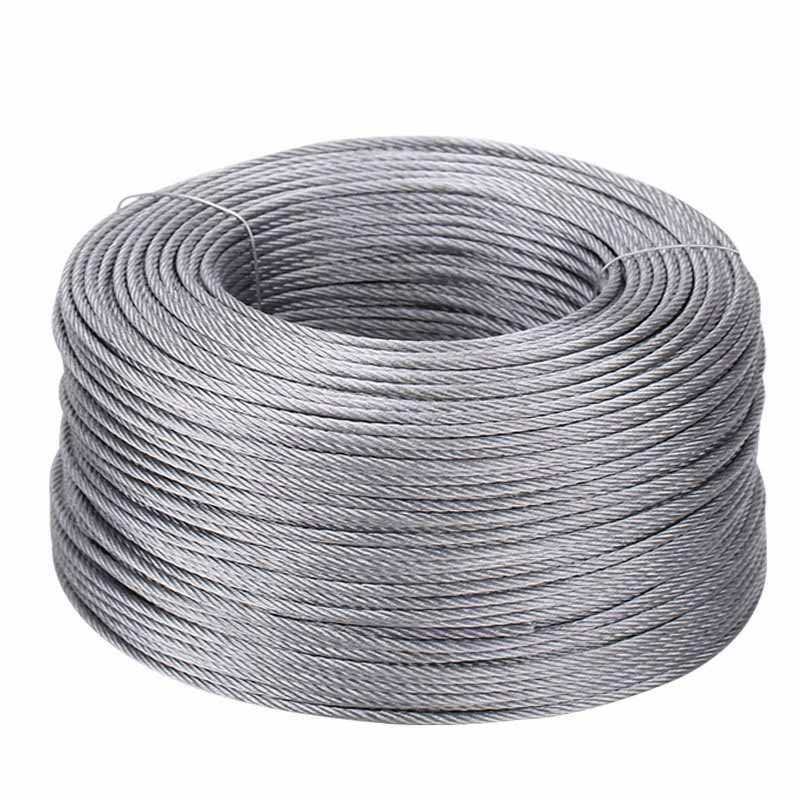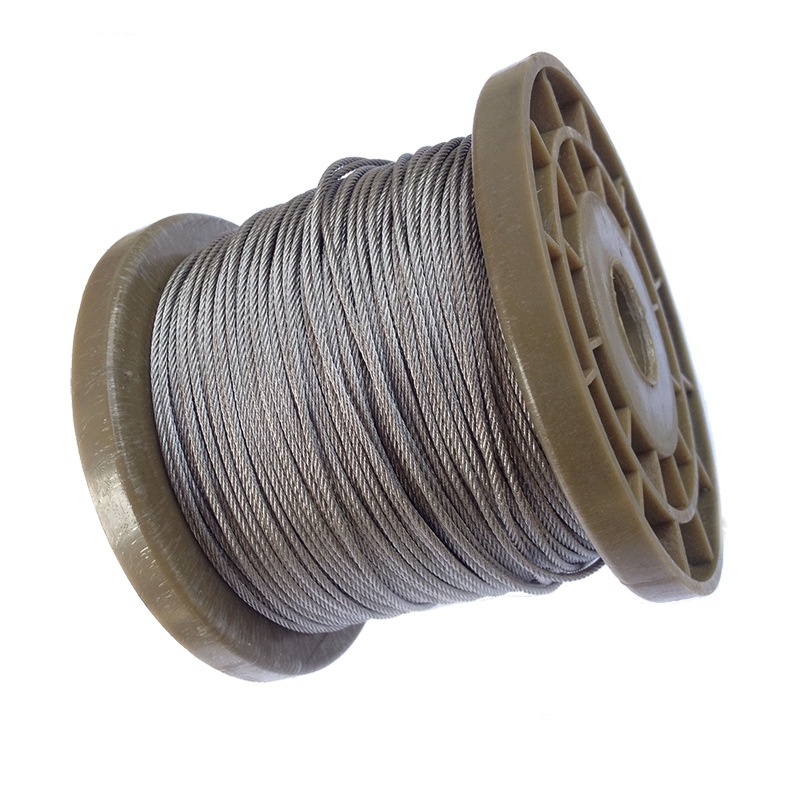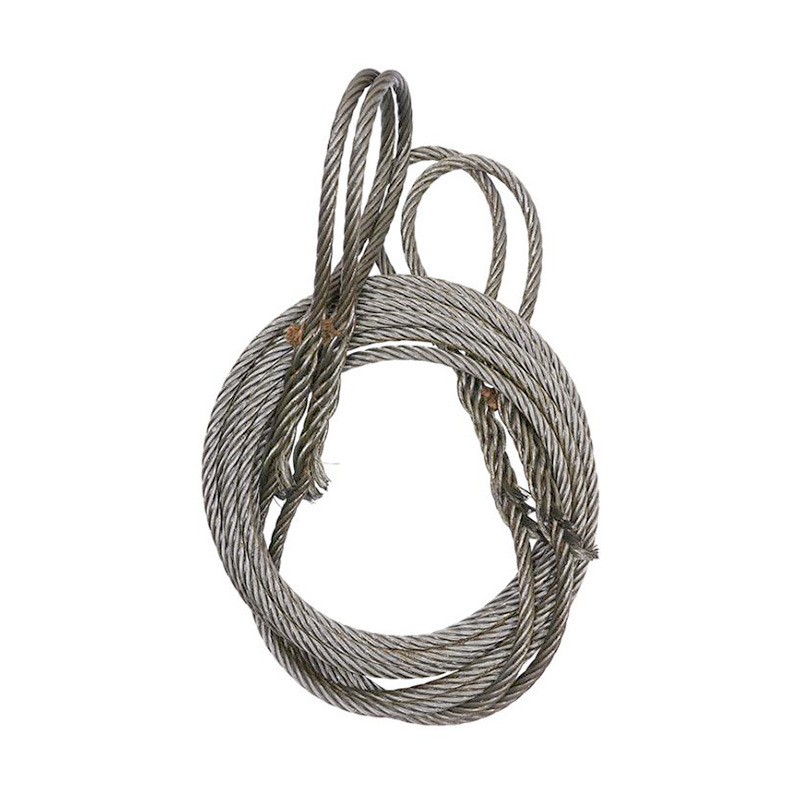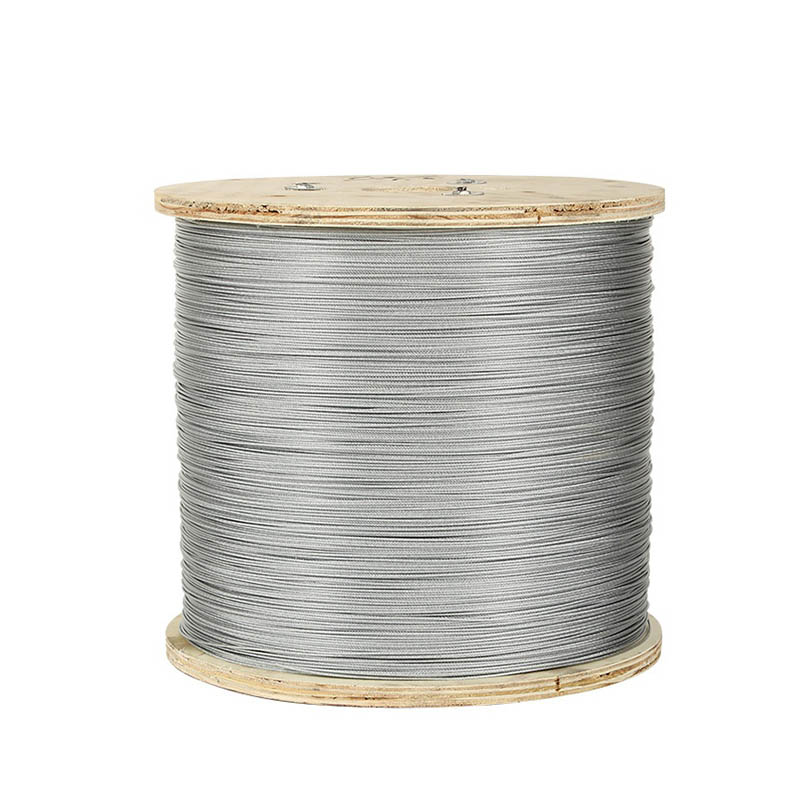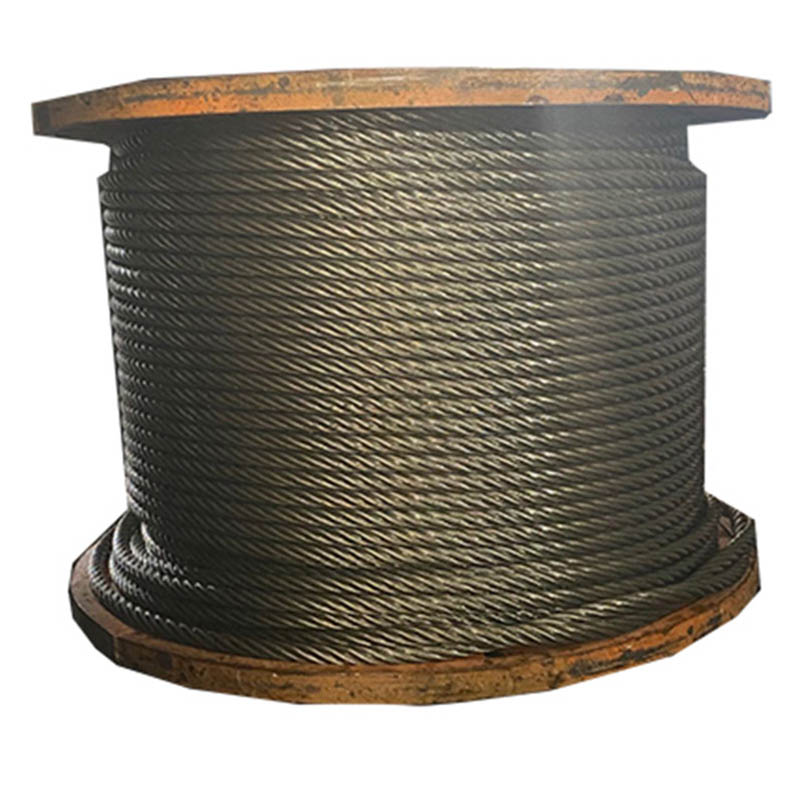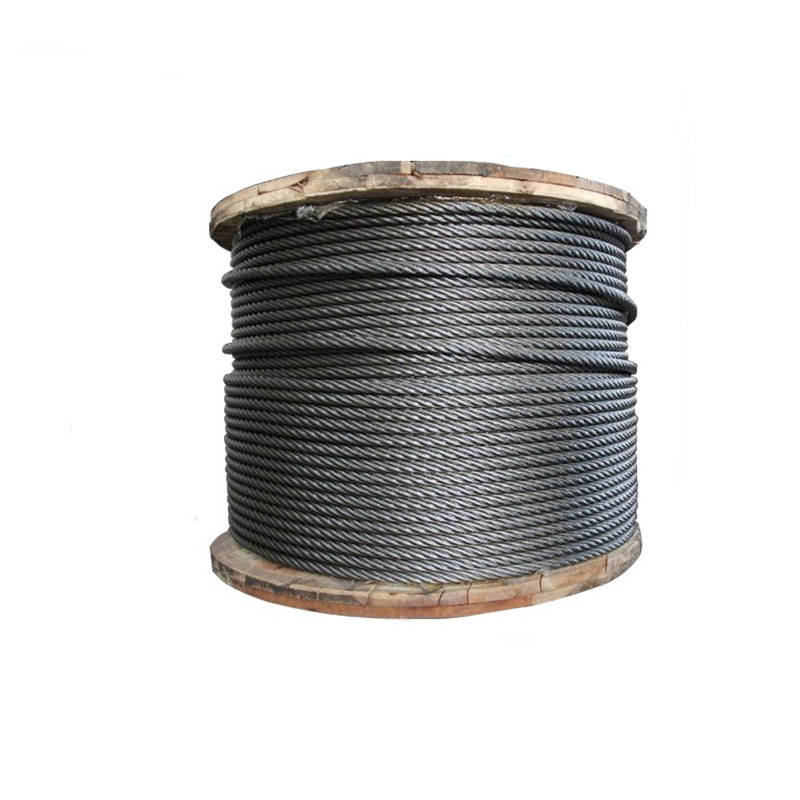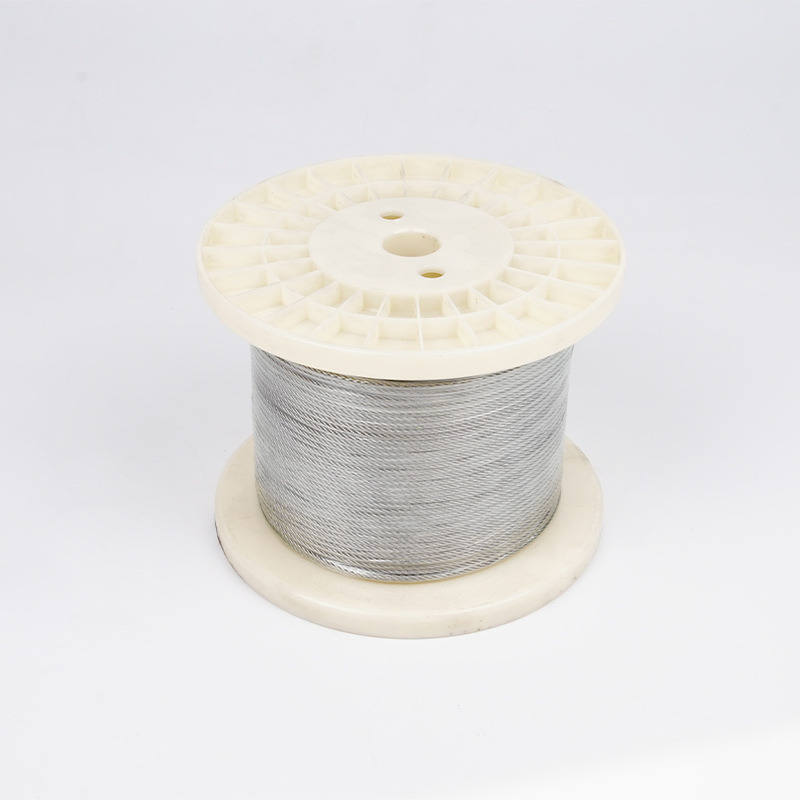Hot Dip Galvanized Billet Steel Wire
Product Introduction
Hot dip galvanized billet steel wire is a type of industrial wire made by processing steel billets (semi-finished steel blocks) into wire, then coating it with zinc via the hot-dip method. The "billet" base ensures consistent material quality, while the hot-dip galvanization adds a protective layer—making it a reliable choice for applications needing both strength and corrosion resistance .
Excellent anti-corrosion performance
In terms of corrosion resistance, the thick multi-layer zinc coating on the hot-dip galvanized wire serves as a barrier against moisture, rain, and chemicals. In temperate environments, its service life can reach 20 to 50 years, and in harsh outdoor conditions it can last for over 20 years - its performance is far superior to thinner coatings such as electroplating. Moreover, the durable adhesion, the metallurgical bond between zinc and steel, means that the coating is not prone to peeling easily, even under bending or stress conditions. The unique appearance, featuring a distinctive "glowing" pattern - with mottled, crystalline textures on the surface - enables it to be easily distinguished from other galvanized wires. Mechanical strength maintains the tensile strength of the base steel (typically 900 to 1720 megapascals), while also increasing flexibility, so it does not break during stretching and bending.
Product Application
Hot dip galvanized billet steel wires possess both strength and rust resistance, enabling them to play a wide role in various industries. They are used in construction and infrastructure, for reinforcing concrete, building fences, and manufacturing metal nets for road guardrails or bridge components. In the power and communication sectors, they are used as guy wires for utility poles, overhead grounding wires, and cable sheaths (to protect underground/overhead cables from corrosion). In agriculture and logistics, they are used for livestock enclosures, steel wires for bundling hay/cotton bales, and cargo fixation lines. For outdoor and harsh environments, they are suitable for ship equipment, outdoor furniture, and coastal infrastructure - in saltwater or humid environments, uncoated steel will quickly rust.
- View as
Temperature Resilient Galvanized Steel Wire
Temperature Resilient Galvanized Steel Wire is a product for which the quality assurance team at Xiaoguo® factory conducts thorough inspections on its coating thickness and surface smoothness. Its high tensile strength and exceptional durability make it an ideal choice for long-span aerial transmission lines.
Read MoreSend InquiryConsistently Reliable Galvanized Steel Wire
Consistently Reliable Galvanized Steel Wire: Xiaoguo®’s factory strictly controls wire rod composition to ensure optimal mechanical properties for downstream processing. Its heavy zinc coating provides superior corrosion resistance, suitable for harsh outdoor environments.
Read MoreSend InquiryUniformly Coated Galvanized Steel Wire
Uniformly Coated Galvanized Steel Wire stands as a key option for durable foundation materials in fastener production, with industry partners consistently choosing products from Xiaoguo®, a trusted manufacturer. Engineers frequently specify it for projects needing high strength and long-term corrosion protection.
Read MoreSend InquiryIndustrial Strength Galvanized Steel Wire
Industrial Strength Galvanized Steel Wire has a primary application in the construction of durable suspension bridges and other critical structural cables. Meanwhile, specializing in hot-dip galvanized wire rod, Xiaoguo® Factory supplies fundamental materials for global fastener manufacturing.
Read MoreSend InquiryRobustly Guarded Galvanized Steel Wire
Robustly Guarded Galvanized Steel Wire is manufactured by drawing steel billets into wire and then immersing it in molten zinc to create a thick, protective coating. As the supplier, Xiaoguo® maintains precise temperature control during galvanizing in its production process to ensure consistent quality.
Read MoreSend InquiryHigh Tensile Galvanized Billet Steel Wire
High Tensile Galvanized Billet Steel Wire, made in our factory, is a key offering from Xiaoguo®. We provide customized wire rod solutions in various diameters and zinc coating weights for different applications; compared to electroplated wire, it has a thicker, more robust coating, less prone to damage during handling and installation.
Read MoreSend InquiryRust Defying Galvanized Steel Wire
Fastener manufacturers worldwide trust Xiaoguo® for reliable galvanized wire rod in producing screws, bolts, and nails. Quality control for Rust Defying Galvanized Steel Wire involves rigorous testing of both the steel's mechanical properties and the zinc coating's uniformity and adhesion.
Read MoreSend InquiryHot Dip Galvanized Steel Wire For Bridge Cable
Hot Dip Galvanized Steel Wire For Bridge Cable includes the hot-dip galvanized wire rod produced by Xiaoguo®'s factory, which provides excellent surface quality and consistent zinc coating. The manufacturing process of Hot Dip Galvanized Steel Wire For Bridge Cable ensures a metallurgically bonded zinc layer that offers both barrier and sacrificial protection to the underlying steel.
Read MoreSend Inquiry

